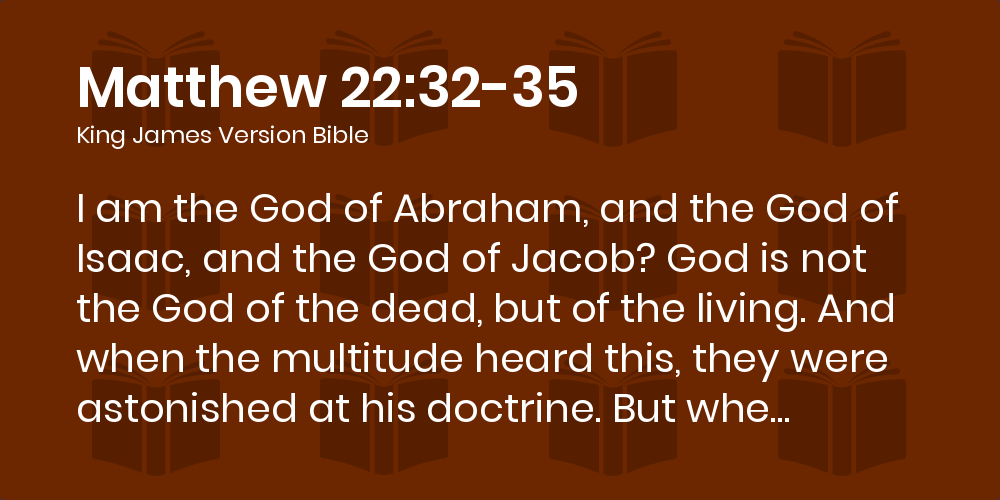Among those of a certain eschatological bent, the 'last days" of the New testament have been identified repeatedly with events current at that time. Most recently, the covid crisis and the war in Ukraine are cited as evidence that we are now in the last days, and that the rapture will occur any day.
The problem is that none of those declarations ever give/gave proper consideration to how the phrase is used in the New Testament. "The last days" is treated as if it is disconnected from the rest of Scripture, with no meaning to those who used it, or as if it could be meaningful to its audience, even if it would occur two-thousand years (so far) in their future.
Consider Hebrews 2:1-2: "Long ago, at many times and in many ways, God spoke to our fathers by the prophets, but, in these last days, He has spoken to us by His Son, whom He appointed the heir of all things, through whom also He created the world." To the author of the epistle, the last days were "these last days," not "those last days," as assumed by the dispensationalist. He considered the phrase to describe the time in which he wrote, not some far future time. He reinforces this intent by relating the last days to the coming of Jesus, i. e., His first coming, not the second.
The Apostle Peter said something similar in I Peter 1:19-20: "But with the precious blood of Christ, like that of a lamb without blemish or spot. He was foreknown before the foundation of the world but was made manifest in the last times for your sake." Peter is referring to two events that were past tense at the time he wrote, the plan for the Son from before the foundation of the world and His manifestation. When did that happen? At his incarnation, which is why Peter uses the past tense of the verb. To him, the last times were past (or continuing), not two-thousand years in the future.
The Apostle John, the only writer to mention an antichrist, mentions antichrists in I John 2:18: "Children, it is the las hour, and, as you have heard that antichrist is coming, so now many antichrists have come. Therefore, we know that it is the last hour." This one verse gives us two key pieces of information. First is that he refers to a belief among Christians of a coming antichrist. He corrects them in two ways, one that the word is plural, not singular, and the second that some of the antichrists had already come. Therefore, he concluded, the time in which he wrote was the last hour. His statements preclude a future Antichrist or last day, yet dispensationalists pass right over it.
In Hebrews 9:26, that writer again describes the end of the ages: "For then He would have had to suffer repeatedly since the foundation of the world. But, as it is, He has appeared once for all at the end of the ages to put away sin by the sacrifice of Himself." Again, He identifies the last days not just with the coming of Jesus, as in the verse at the top, but specifically with His working of redemption. Again, that necessarily happened two-thousand years ago, past tense even when Hebrews was written, not in his or our future. To the same effect is Peter in I Peter 1:20: "He was foreknown before the foundation of the world, but was made manifest in the last times for your sake."
Together, these references are infallible evidence that a future "last day" is unbiblical, the invention of men, not just apart from scriptural support, but in contradiction to the biblical testimony.


:max_bytes(150000):strip_icc()/potter-at-work-886955428-5a86e5edeb97de0037f51602.jpg)



/Babybaptism-GettyImages-155134002-5a3f489bbeba330037c9a01d.jpg)
